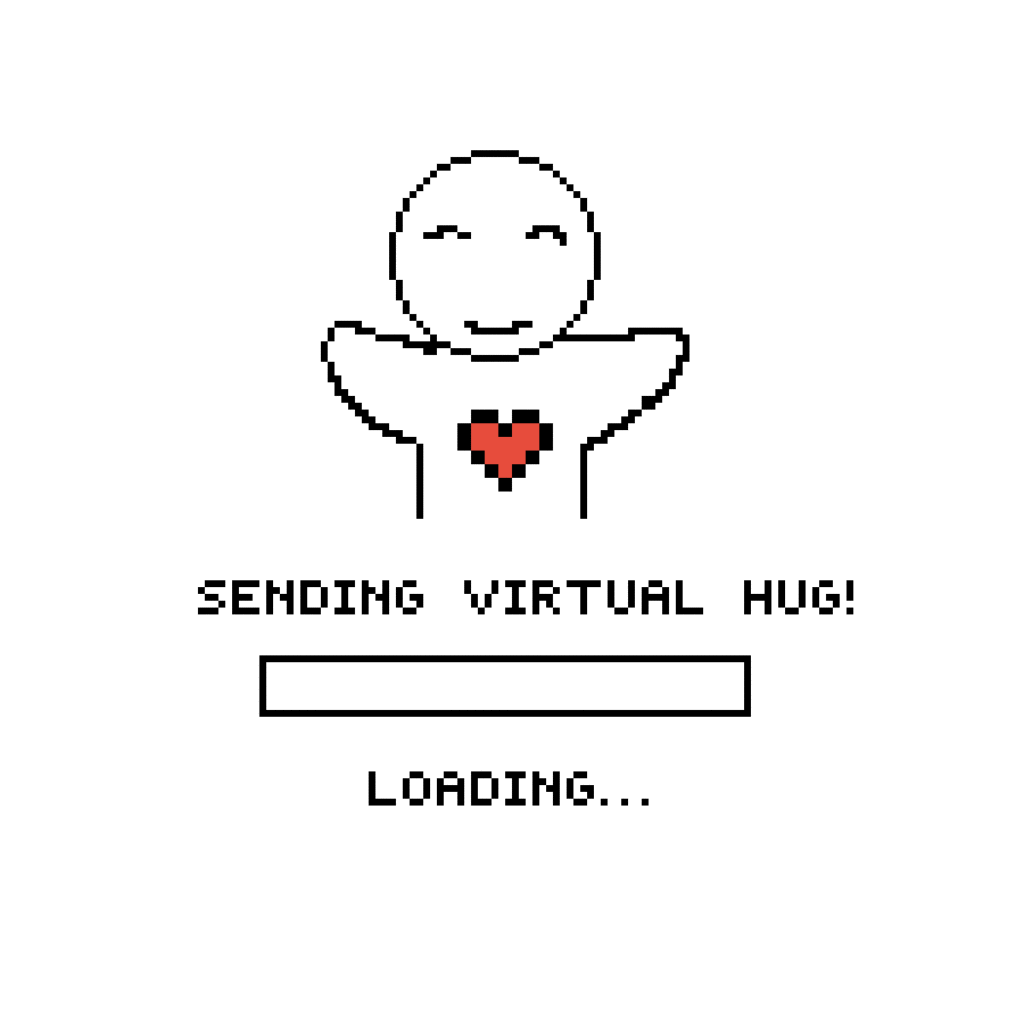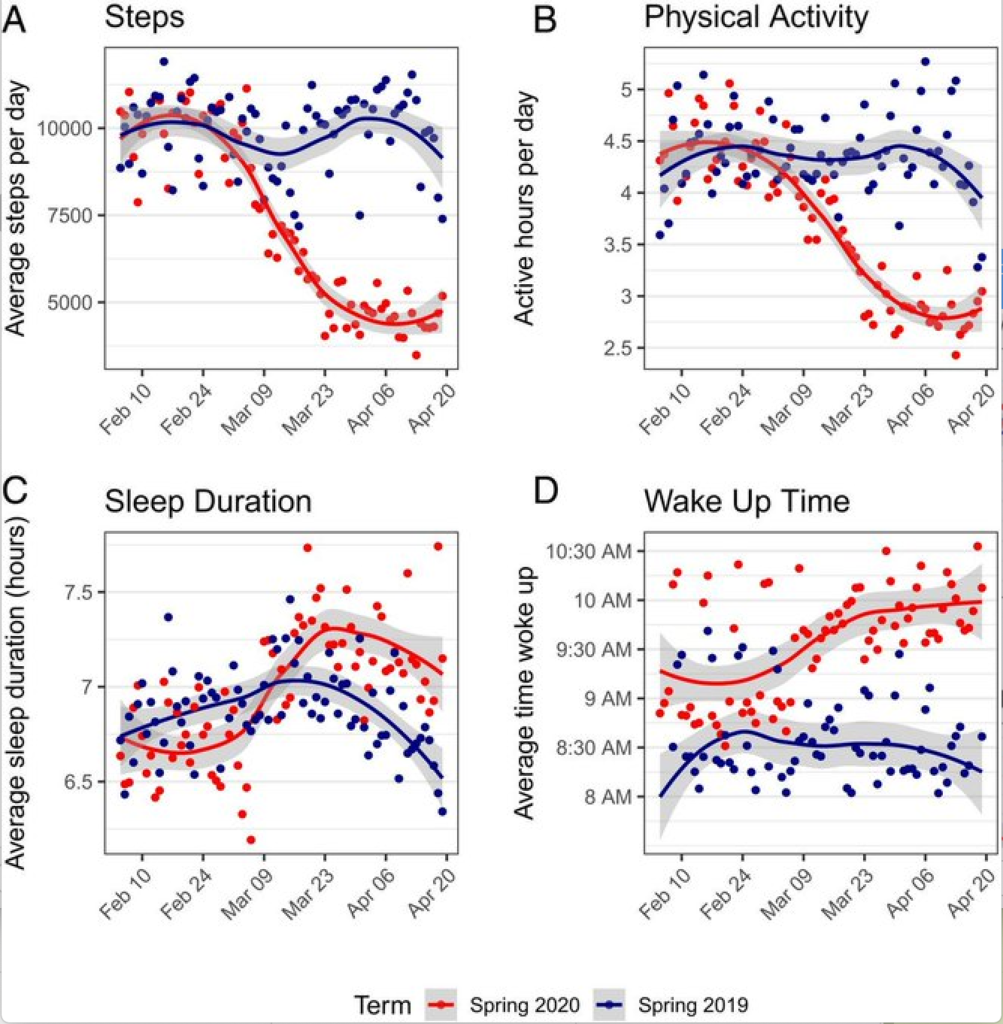I run a small business. When I need to know something, I usually reach out to my employees and find out what they think. It’s not some big fancy ‘research’ survey with thousands of responses, but it’s real.
Recently, I wanted to know what people might want in terms of a recognition award. Ironically, what I found goes against some big fancy research done by recognition companies who are in the business of selling the crap on the list below, crazy how that works in the research game! Anywho, what I found wasn’t surprising to me.
Here’s the list of the Top 8 things my employees don’t want when it comes to Recognition Awards:
1. Anniversary Pins! If you give me one of these I will stick it back in your eye! “Hey, Tim, Thanks for 10 years! Buddy, here’s a pin!” A What!?!? I’ve given you ten great years and you’re giving me a pin. Is this 1955?
2. A Plaque. Or any other kind of trophy thing. If I wanted a trophy to show me that I’m a salesperson of the year, you hired the wrong person. JayZ said it best “we can talk, but money talks, so talk more bucks”.
3. Corporate logo wear. Giving out corporate logo wear as a form of recognition screams you have executives that haven’t actually spoken to an employee in the last twenty years!
4. A watch. Wait, if it’s a Rolex, I’ll take a watch. If it’s a Timex you better ‘watch’ out, I’m throwing it at someone! Nothing says we don’t really care about you like a $50 watch with it engraved on the back ‘You Matter! 2019!’
5. Luggage. The ‘experts’ would like you to believe that your employees would really ‘appreciate’ luggage because it’s an item they don’t normally like to spend their money on. The reason why people don’t like to spend their money on luggage is that it gets destroyed after one trip through O’Hare! That’s just what you want to see coming around the luggage carousel – “Hey, look, honey, it’s your employee of the year award all ripped up and stained”. Sign and symbols.
6. Fruit Baskets. First, most people don’t want to be healthy or we wouldn’t have the obesity problem we have in our society. Second, people like chocolate, candy, salty snacks, and diet soda. If you want to send food, send food they’ll actually eat!
7. A Parking Spot with Their Name On It. This goes bad two ways: 1. I drive a $100K Mercedes and you don’t, now you know I drive a better car than you and it’s awkward; 2. I drive a beater and I’m embarrassed to let everyone know I make so little I can even afford a 2014 Chevy Cobalt.
8. A Hug! Wait! I totally want a hug! Just not a creepy hug. You know what a creepy hug feels like when you’re about 13 seconds into it and the other person won’t let go! But nothing says “we recognize you” in the totally wrong way, like inappropriate hugs at work!
9. Anything Virtual! Get the hell out of here with your stupid virtual card and virtual balloons! Or a virtual Zoom high five. No one wants virtual recognition, they want some tangible and real.
What do employees want?
Well, that’s an entire post by itself, but my 20 years of HR ‘research’/experience shows people want their peers and leaders to appreciate their efforts. Nothing says ‘we truly care about you’ like having one of your peers tell you in some sort of way. When teams can do that, they become special! It might be a quick handwritten note, a face-to-face meeting in the hall, etc. It really doesn’t matter the avenue of how it comes, it just matters that you have the culture that it does come and it’s encouraged to keep coming.

